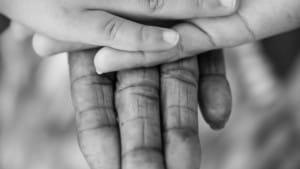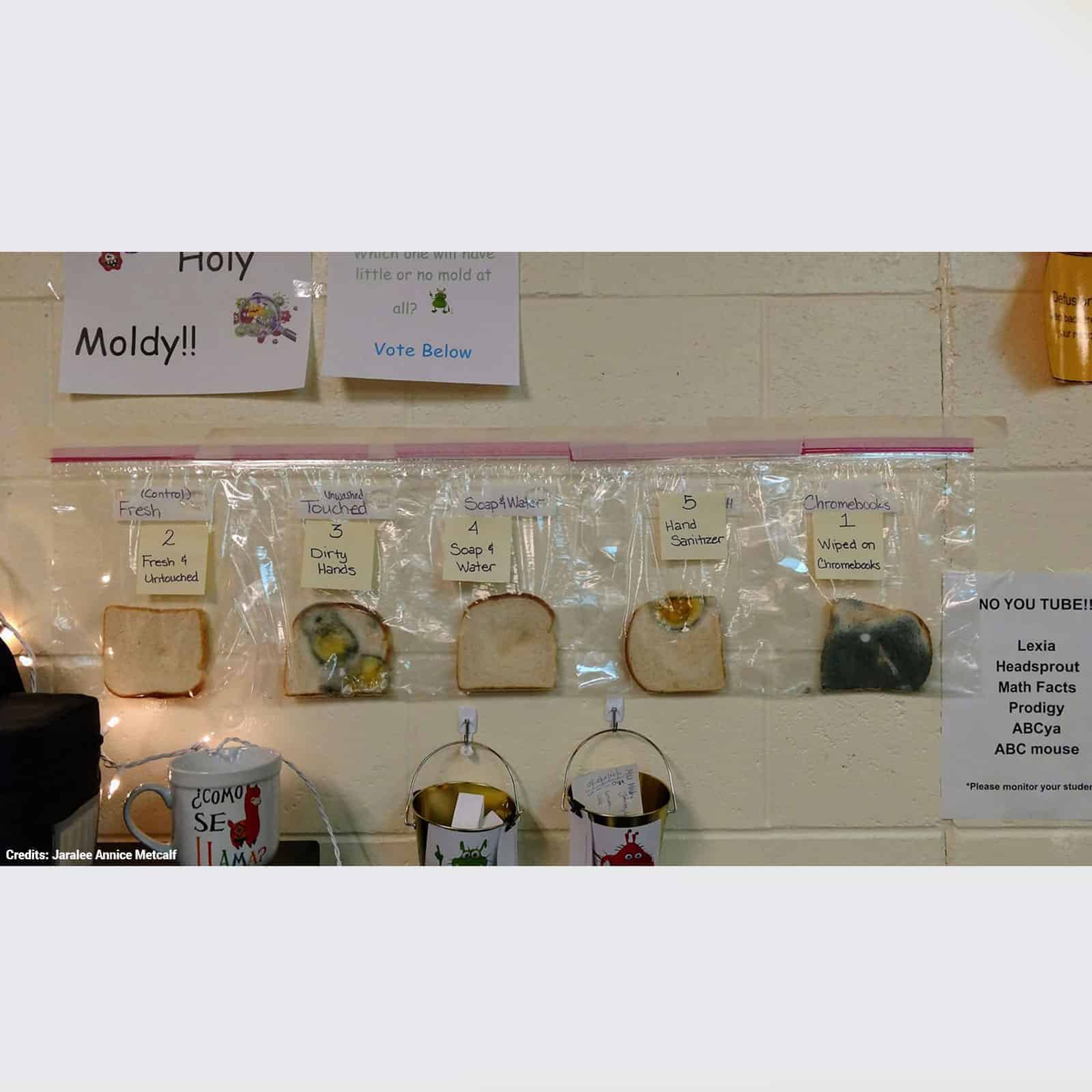Washing your hands is one of the best ways to prevent the spread of disease and practice good hygiene. In highly populated places, such as schools and hospitals, washing hands and keeping clean becomes vitally essential to keep infections at bay. Here are some statistics from the Centers for Disease Control and Prevention that show the importance of washing your hands:
Handwashing
- It is estimated that washing hands with soap and water could reduce diarrheal disease-associated deaths by up to 50%.
- Researchers in London estimate that if everyone routinely washed their hands, we could prevent a million deaths a year.
- Contaminated hands spread a large percentage of foodborne disease outbreaks. Appropriate hand washing practices can reduce the risk of foodborne illness and other infections.
- Handwashing can reduce the risk of respiratory infections by 16%.
- The use of an alcohol gel hand sanitizer in the classroom provided an overall reduction in absenteeism due to infection by 19.8% among 16 elementary schools and 6,000 students.
A teacher proves this point
Speaking of elementary schools, Jaralee Metcalf, a behavioral specialist from Idaho Falls Elementary School, wanted to show her students the importance of washing their hands. She came up with a clever experiment. She proved to the kids first-hand how washing their hands could reduce the spread of germs and help everyone around them be healthier in turn.
At the start of winter, when the flu season typically begins, Jaralee realized how tired she was from getting sick. She knew that working around children would inevitably expose her to germs, but she wanted to show her students how washing their hands could reduce contamination.
The experiment
https://www.facebook.com/photo.php?fbid=10212869932103594&set=pcb.10212869900302799&type=3&theater
To explain how bacteria spread and why the kids needed to wash their hands thoroughly several times per day, Jaralee came up with a test. She asked several students with various hygiene levels to touch five pieces of white bread taken from the same loaf at the same time. They put the slices of bread in different bags to study how the bread would look after one month.
Details of the experiment
The first piece was wiped on all the classroom Chromebooks. The second one used as a control – it wasn’t touched and was promptly put into a bag. The third piece of bread was touched by the entire class who hadn’t washed their hands and placed in a bag labeled “dirty hands.” The fourth piece was touched once again by the whole class, but only after they had washed their hands with soap and water. For the final piece of bread, the class used hand sanitizer and then touched the piece of bread.

Slice #1 wiped on laptops
https://www.facebook.com/photo.php?fbid=10212906607420454&set=pb.1848286980.-2207520000..&type=3&theater
Obviously, the laptop slice looked the worst out of them all, but the school hadn’t sanitized the laptops (which they normally do) before the experiment. However, this shows how easily germs can spread when people don’t regularly wash their hands.
Slice #3 with unwashed hands
https://www.facebook.com/photo.php?fbid=10212906608140472&set=pb.1848286980.-2207520000..&type=3&theater
The dirty hands slice still looked pretty disgusting after one month, but not nearly as bad as the Chromebook slice.
The clean slice
https://www.facebook.com/photo.php?fbid=10212906608500481&set=pb.1848286980.-2207520000..&type=3&theater
The only slice of bread that didn’t show bacteria growth was the fourth one. This clearly shows the importance of washing our hands!
The hand sanitizer slice
https://www.facebook.com/photo.php?fbid=10212906608780488&set=pb.1848286980.-2207520000..&type=3&theater
Surprisingly, the hand sanitizer slice still contained a lot of bacteria, even though hand sanitizer is advertised as a powerful anti-bacterial. This experiment shows why hand sanitizer should never replace proper handwashing. Jaralee shared the results of the experiment on her Facebook to show everyone why they need to be diligent about washing their hands, and hundreds of parents and teachers from other schools shared the experiment on their pages.
This experiment is very relevant at this time with the spread of the Coronavirus. However, it’s not a cause for alarm as long as you practice good hygiene and keep your immune system up, which includes washing your hands. Of course, there is a proper way to wash your hands for maximum cleanliness.
Final Thoughts About Washing Hands
The right way to wash your hands is to wet your hands with clean, warm, or hot running water and apply soap. Rub your hands together while the soap lathers. Thoroughly scrub the backs and front of your hands, between your fingers and under the nails. Do this routine for 20 seconds. In fact, the CDC recommends singing the “Happy Birthday” song twice. Then afterward, rinse your hands under hot running water and dry with a paper towel.
Scientists at CDC do not recommend the use of air dryers. That’s because hot-air hand dryers in public restrooms suck up bacteria from the air, and place them on the newly cleaned skin. This clearly defeats the purpose of washing your hands in the first place, so avoid air dryers in public bathrooms.
(C)Power of Positivity, LLC. All rights reserved



















